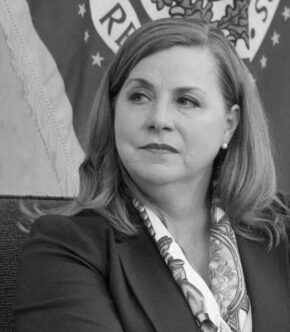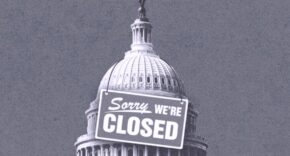McDonald’s has announced a significant shift in its diversity and inclusion policies, sparking a debate about the future of corporate DEI (diversity, equity, and inclusion) initiatives. The fast-food giant revealed it will retire several key practices, citing a “shifting legal landscape” in the United States. This decision aligns with broader trends among major corporations scaling back DEI programs amid mounting legal and political pressures.
Key Changes at McDonald’s
In a memo shared with employees, franchise owners, and posted publicly, McDonald’s outlined several notable changes:
- Ending Diversity Goals: The company will no longer set “aspirational representation goals” aimed at achieving diverse senior leadership. This marks a departure from its prior commitments to expanding leadership opportunities for underrepresented groups.
- Supplier DEI Program: A program that encouraged suppliers to adopt diversity training and leadership goals is being discontinued. Instead, McDonald’s will shift its focus to conversations about inclusion as it directly relates to business performance.
- New Terminology: The diversity team will now be called the “Global Inclusion Team,” a name McDonald’s says better reflects its core values and global reach.
- Pausing External Surveys: The company will pause participation in external surveys, including those conducted by the Human Rights Campaign to evaluate LGBTQ+ inclusivity in corporate practices.
Despite these rollbacks, McDonald’s reiterated its commitment to fostering an inclusive workforce. In its 2024 Purpose and Impact Report, the company highlighted milestones such as achieving gender pay equity and meeting its goal of allocating 25% of supplier spending to diverse-owned businesses—three years ahead of schedule.
A Larger Trend in Corporate America
McDonald’s is not alone in rethinking its approach to diversity. Other major companies, including Ford, Lowe’s, John Deere, and Walmart, have scaled back DEI initiatives following the 2023 Supreme Court decision striking down affirmative action in college admissions. This landmark ruling has emboldened conservative groups to challenge corporate diversity programs, with some threatening boycotts and initiating legal action.
For instance, conservative commentator Robby Starbuck, who wields significant influence on social media, recently contacted McDonald’s regarding its DEI policies. Shortly afterward, the company announced its policy changes. Similar pressures have led many corporations to embrace what some are calling a shift toward “corporate neutrality.”
Roots of McDonald’s DEI Efforts
McDonald’s launched its diversity initiatives in 2021 amid heightened social justice movements following the murder of George Floyd. At the time, CEO Chris Kempczinski emphasized that inclusion was a core value for the company. “We must ensure that our leadership reflects the diverse communities we serve,” Kempczinski stated. To that end, McDonald’s introduced measurable goals designed to create more opportunities for underrepresented groups.
However, the political climate has shifted dramatically since then. Increasing pressure from conservative groups and politicians critical of DEI programs has led many companies, including McDonald’s, to reassess their strategies. Critics argue that diversity programs can lead to discrimination, while proponents insist they are essential for fostering equity and representation.
The Future of Inclusion
While McDonald’s has rolled back several policies, it maintains that diversity and inclusion remain priorities. In its open letter, the company highlighted that 30% of U.S. leadership roles are currently held by members of underrepresented groups, an increase from 29% in 2021. McDonald’s also pledged to continue monitoring and reporting demographic information while embedding inclusive practices into its operations.
“We remain deeply committed to creating a workplace where everyone feels valued and respected,” McDonald’s stated in its memo, emphasizing the importance of diversity as a competitive advantage in a globalized market.
This rollback underscores a critical crossroads for corporate diversity efforts in America. As companies like McDonald’s navigate growing political and legal scrutiny, they face the challenge of adapting to these pressures without abandoning core commitments to inclusion and equity. Whether this shift represents a recalibration of strategy or a deeper change in corporate priorities will depend on how these policies evolve—and how employees, customers, and advocates respond in the years to come.











